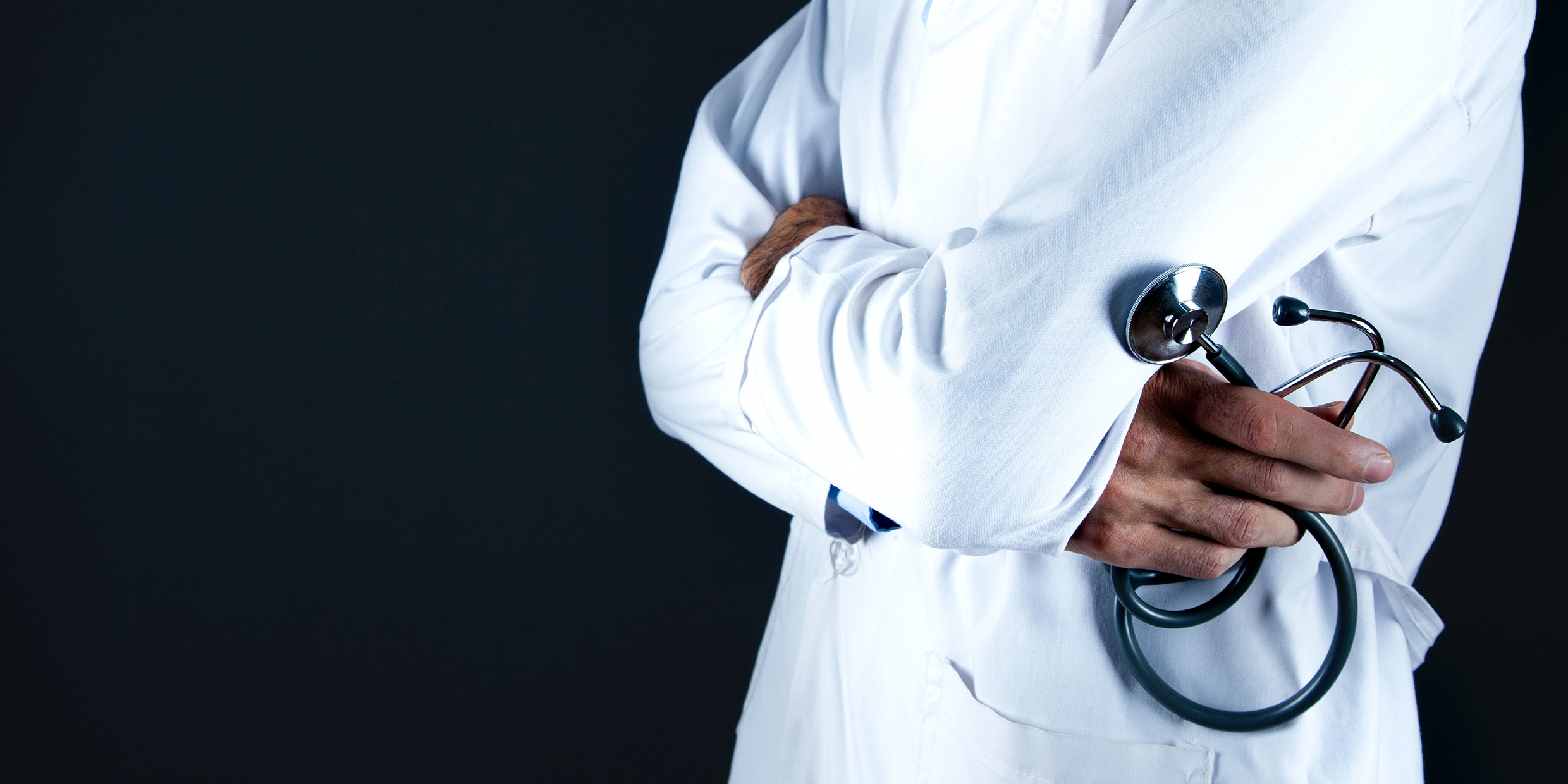Originally published 29 August 2004
Scientists tend to resist any attempt to infuse their work with spiritual values. They are fearful, rightly so, of diluting a successful knowledge-generating methodology with “mysticism.” With creationists, pseudoscientists and New Agers storming the gates, intent on bringing down the walls, who can blame scientists for jealously maintaining their aloofness from “spirituality.”
If that means that scientists are perceived as cold, unfeeling drudges in white lab coats, so be it. We do not need scientists to vivify our spiritual lives, but we do require the reliable knowledge of the world that they provide.
Nowhere is the tension between science and anti-science more evident than in medicine.
Consider for a moment what scientific medicine has done for us.
Smallpox, polio, measles, and yellow fever no longer trouble our children. In the developed countries, malaria, plague, typhoid, scarlet fever, and mortal flu are mostly things of the past.
Toothache and infant mortality have been dramatically reduced.
Antibiotics have mostly eliminated death by bacterial infection. Cancer and heart diseases claim fewer victims.
A hundred years ago, an early death from disease was the default condition; long life a stroke of luck. Today, in the developed world, we consider robust good health a civil right.
How did we get from there to here — from a world racked by suffering and death to a presumption of health and a typical lifetime of fourscore years?
The answer is simple: By the scientific study of cause and effect; by eschewing disembodied spirit; by acting on the assumption that the body is a chemical machine.
Is that all there is to medicine? Of course not. Twelve years ago [in 1992], Bill and Hillary Clinton recognized that a holistic system of health care was the nation’s highest priority. They sought to bring together doctors, researchers, insurers, pharmaceutical companies, lawyers, and everyone else who claims a piece of the healthcare pie. The Clintons wanted to hammer out an integrated approach to public health that worked for the benefit of all, especially the patient.
You will remember what happened. In a frenzy of self-interest by the separate players, supported by right-wing cant, the Clinton agenda went down in smoke. In place of a smoothly running system of public health, we have instead increasing distrust of doctors, lawyers fattening on malpractice suits, pharmaceutical companies hawking drugs as life-style choices, and a boom in quackery that threatens centuries of gains in scientific medicine.
Americans are big boosters of so-called “alternative medicine,” now more fashionably called “complementary medicine.” We spend tens of billions of dollars each year on therapies for which evidence of efficacy is sketchy or nonexistent. Nearly half of us have tried an alternative to conventional medicine, such as homeopathy, aroma therapy, or herbal remedies.
Practitioners of these bogus remedies are the modern equivalent of faith healers, hawkers of holy water, and boosters of religious charms. They feed the dream that our bodies can be cured by spiritual hocus-pocus, when in fact not a shred of reliable evidence exists that any of these wavings-of-the-wand have an ameliorating influence on health, except perhaps through the placebo effect.
When I need medical attention, I will put my treatment in the hands of men and women who believe my body is a machine. I want doctors who have studied anatomy, chemistry, and microbiology. I want FDA-approved drugs, a knife in skillful hands. In short, I want men and women around me who have been trained in science, not magic.
So do I reject “spirit,” by which I mean the totality of what it means to be human? Of course not. I stand in awe of the complexity of the human body. A single cell at the tip of a human hair is more nuanced than a jumbo jet. A drop of human blood is more interesting than a galaxy of stars. I have spent my life celebrating the mystery of the world, especially the miracle of life.
And when I am in medical distress I hope I will be supported by people — family, friends, professional caregivers — who practice the arts of love.
But spare me alternative medicine. Let my doctors treat my body as a body. I don’t require a physician sitting at my bedside whispering consoling sweet-nothings in my ear; I want a no-nonsense practitioner who understands the pipes, circuits, gears, and cogs of the human machine.
As physician Michael Fitzpatrick wrote in the London Sunday Times, “[Physicians] should stick to the scientific principles that have made modern medicine so successful and leave quackery to quacks.”



